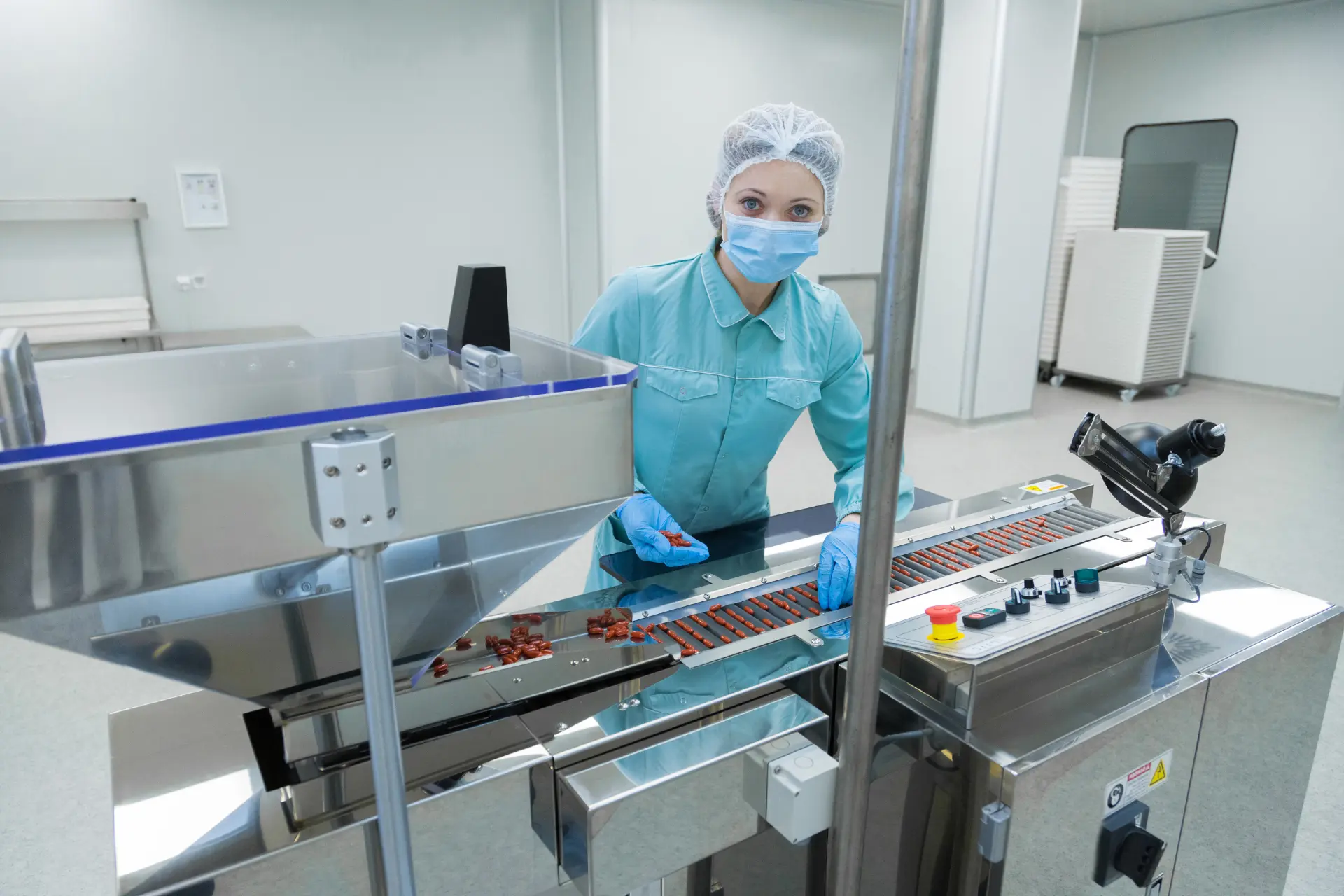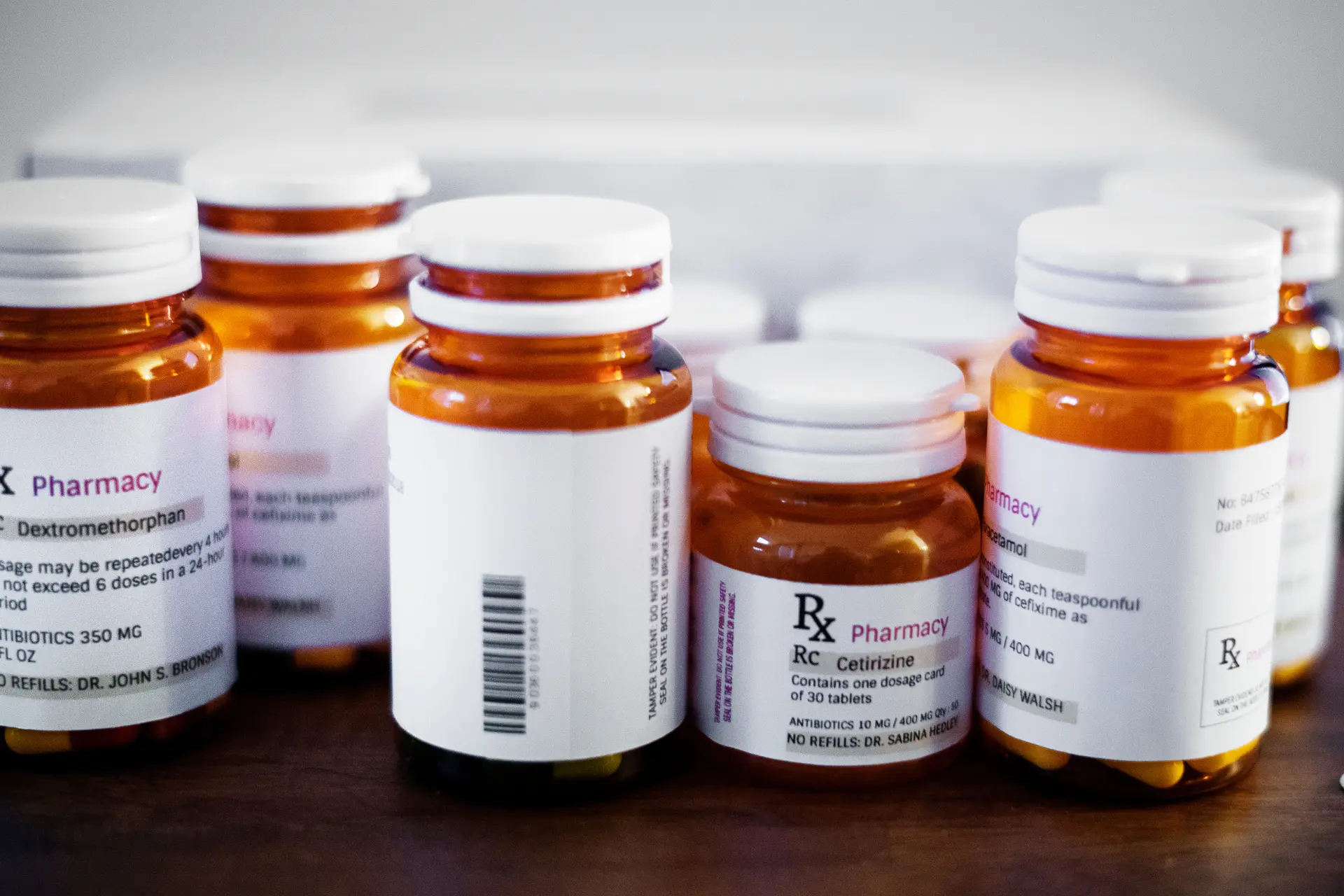Introduction to EPR in the Netherlands
Extended Producer Responsibility (EPR) has become one of the most important regulatory mechanisms shaping how companies operate in Europe. At its core, EPR assigns responsibility for the environmental impact of products not only during production but also at their end of life. Instead of shifting waste management costs onto municipalities or consumers, producers themselves must finance and organise the collection, sorting, and recycling of their goods once discarded.
In the Netherlands, this principle is not only well-established but also rapidly expanding. The country has embraced EPR as a critical lever to accelerate its transition towards a circular economy — an economy where resources are kept in use for as long as possible, waste is minimised, and materials are reused and recycled at high rates.
Why EPR Matters in the Netherlands
The Netherlands is recognised as a frontrunner in Europe’s sustainability movement. The government has set an ambitious target: a fully circular economy by 2050. Meeting this requires significant structural changes across industries, and EPR is a central instrument in achieving it.
For Dutch society, EPR schemes mean cleaner public spaces, reduced landfill dependency, and stronger recycling infrastructure. For businesses, however, it brings both obligations and opportunities: obligations to comply with detailed regulations and opportunities to build consumer trust, streamline operations, and demonstrate leadership in sustainability.
Legal and Regulatory Framework
Dutch Implementation of EU EPR Directives
EPR policy in the Netherlands originates in EU law. Directives such as the Waste Framework Directive and the Packaging and Packaging Waste Directive set the baseline requirements for all Member States. The Netherlands then transposes these directives into national law, adapting them to its own economic and environmental priorities.
This means Dutch companies must comply not only with national legislation but also with broader EU objectives, such as mandatory recycling rates and minimum requirements for eco-design.
Key Laws and Regulations Governing EPR
The Environmental Management Act (Wet milieubeheer) provides the legal backbone for waste and EPR regulation in the Netherlands. Within this act, specific decrees apply to categories such as packaging, electrical equipment, batteries, and textiles. Each decree outlines the obligations of producers, reporting timelines, and targets for collection or recycling.
For example, packaging producers must register with Stichting Afvalfonds Verpakkingen, the official Packaging Waste Fund, and pay fees based on the volume and materials of packaging they introduce into the market.
Role of the Netherlands’ Government and Regulators
The Ministry of Infrastructure and Water Management sets policy direction and ensures Dutch EPR schemes align with European Union ambitions. The Human Environment and Transport Inspectorate (ILT) plays the role of watchdog, monitoring compliance and conducting investigations.
This dual structure ensures that the system is not only legally binding but also enforced in practice. Businesses operating in the Netherlands face real consequences if they ignore EPR obligations, making compliance a strategic as well as legal necessity.
Sectors and Products Covered by EPR in the Netherlands
EPR obligations in the Netherlands currently cover several core categories, with expansion planned in the near future.
- Packaging Waste: Packaging remains the most visible EPR category. Companies placing packaging on the Dutch market — whether they are manufacturers, importers, or retailers — must finance its collection and recycling. Targets for recycling are ambitious: for example, by 2025 the EU requires at least 65% of packaging waste to be recycled, and the Netherlands has committed to exceed these minimums.
- Electrical and Electronic Equipment (WEEE): The rapid growth of consumer electronics has created mounting volumes of e-waste. Dutch regulations require producers of electrical and electronic equipment (EEE) to ensure proper collection, treatment, and recycling through designated systems. Items such as household appliances, IT devices, and lighting fall into this category.
- Batteries and Accumulators: Due to their chemical composition, batteries are particularly hazardous if improperly discarded. Dutch EPR rules for batteries therefore include mandatory registration, transparent sales reporting, and responsibility for safe collection and recycling. Targets are focused on maximising recovery of metals such as cobalt, nickel, and lithium.
- Textiles and Other Emerging Categories: Since 2023, textiles have been included under EPR obligations. Producers and importers of clothing and household textiles are required to set up systems for separate collection and recycling. This reflects the urgency of addressing textile waste, one of the fastest-growing waste streams in Europe.
The government has also signalled its intent to bring other categories such as furniture, mattresses, and potentially plastic-based single-use products into the scope of EPR by 2026.
Obligations for Producers and Importers
Who is Considered a “Producer” in Dutch EPR Law?
The definition of “producer” in Dutch legislation is intentionally broad. It includes not only domestic manufacturers but also companies that import products into the Netherlands, as well as foreign businesses selling directly to Dutch consumers via e-commerce. If you place products or packaging on the Dutch market, you are very likely considered a producer.
Perhaps the most complex aspect of compliance is reporting. Producers must submit accurate data on the weight, material composition, and volume of products and packaging they put into circulation. For packaging, even seemingly small details such as caps, closures, and labels must be included. This data forms the basis of fee calculation and recycling target monitoring.
Fees are calculated according to the type and quantity of material used. Lightweight, easily recyclable packaging will incur lower fees, while heavier or composite materials cost more. The logic is straightforward: the harder and more expensive it is to recycle a material, the more the producer pays.
Labelling, Collection, and Recycling Responsibilities
Beyond financial obligations, producers may be required to ensure proper labelling to guide consumers on disposal, participate in return systems, or facilitate collection infrastructure. These responsibilities underline the shared nature of EPR: producers finance and coordinate, but consumers and municipalities play a role in the system’s success.
Compliance and Enforcement of EPR In the Netherlands
How Companies Demonstrate Compliance
Most companies demonstrate compliance by joining a Producer Responsibility Organisation (PRO), which manages obligations on their behalf. Membership involves regular reporting, fee payment, and often third-party verification of data accuracy.
PROs act as collective entities that streamline compliance. For packaging, the Packaging Waste Fund (Afvalfonds) ensures that all contributions are pooled to finance nationwide recycling schemes. For electronics, Wecycle plays a similar role. By centralising efforts, PROs make compliance more manageable, though companies must still provide accurate data.
Failing to comply with EPR rules can result in financial penalties, compulsory remedial measures, and reputational harm. Dutch regulators have been stepping up enforcement, reflecting growing public pressure to hold companies accountable for their environmental footprint. In some cases, persistent non-compliance can even lead to restrictions on selling products in the Dutch market.
Recent Developments and Future Outlook
Alignment with the EU Circular Economy Package
The Netherlands is aligning its national rules with the EU’s Circular Economy Package, which demands higher recycling rates and greater emphasis on reuse. This means businesses should expect rising obligations, particularly in terms of recycled content and eco-design requirements.
Furniture, mattresses, and additional textile streams are among the categories expected to fall under EPR in the near future. Companies operating in these industries should begin preparing now, as establishing data collection systems and compliance processes takes time.
The broader trend is clear: EPR schemes will become more demanding. Beyond recycling targets, producers will likely be required to demonstrate that products are designed with repairability, durability, and recyclability in mind. This transforms EPR from a purely financial obligation into a design and innovation challenge.
Challenges Businesses Face with EPR in the Netherlands
- Data Accuracy and Reporting Complexity: Gathering precise data on product composition is a major hurdle. Many companies rely on information from suppliers, which may be incomplete or inconsistent. Errors in reporting not only risk penalties but also inflate costs if materials are misclassified.
- Managing Costs and Administrative Burden: The financial burden of EPR is rising. Fees are increasing, and administrative tasks consume valuable resources. Small and medium-sized enterprises, in particular, often lack the internal capacity to manage compliance effectively.
- Cross-Border Compliance for International Companies: For companies operating in multiple EU markets, complexity multiplies. Each country has its own reporting formats, deadlines, and PRO structures. This fragmentation creates inefficiencies and heightens the risk of errors.
How Digital Solutions Can Help
The Role of Automation in EPR Compliance
Automation significantly reduces manual work. By connecting compliance reporting directly to product and packaging databases, companies can eliminate duplication, minimise errors, and ensure timely submissions.
Benefits of Centralised Packaging and Compliance Data
Centralising data in a single system allows businesses to maintain a “single source of truth”. This not only simplifies compliance reporting but also improves collaboration between teams, accelerates audits, and provides a foundation for sustainability initiatives.
Linking Compliance to Sustainability Goals
Digital platforms can generate insights beyond compliance. By analysing packaging and material data, businesses can identify opportunities to reduce carbon impact, improve recyclability, and demonstrate progress towards ESG goals.
How 4Pack Supports EPR Compliance in the Netherlands
- End-to-End Packaging Compliance Management: 4Pack offers a comprehensive solution designed specifically for packaging and compliance management. The platform integrates product specifications, packaging data, artwork workflows, and regulatory requirements in one environment.
- Data Accuracy, Transparency, and Audit Readiness: By ensuring that all packaging and product data is harmonised and validated, 4Pack gives companies confidence in their reporting. Audit trails and version control make it easy to demonstrate compliance at any point.
- Simplifying Multi-Market Compliance from One Platform: For businesses operating across Europe, 4Pack simplifies the complexity of fragmented regulations. A single platform enables compliance management in the Netherlands and other EU markets simultaneously, ensuring consistency and reducing administrative burden.
Conclusion: The Importance of Preparing for Stricter EPR Rules
EPR in the Netherlands is evolving rapidly. Companies must not view compliance as a one-off obligation but as an ongoing, strategic responsibility that will only grow more demanding.
Businesses that act early can minimise risk, control costs, and use compliance as a platform for innovation. Those that delay may face penalties, reputational damage, and loss of consumer trust. Digital solutions like 4Pack provide the stability and efficiency needed to stay ahead.
Book a Demo with 4Pack
4Pack helps companies transform EPR from a compliance burden into a business advantage. Book a demo today to see how our platform can simplify reporting, ensure data accuracy, and prepare your organisation for the future of EPR in the Netherlands.
From packaging data management to sustainability insights, 4Pack gives you the tools to stay compliant today and competitive tomorrow.



